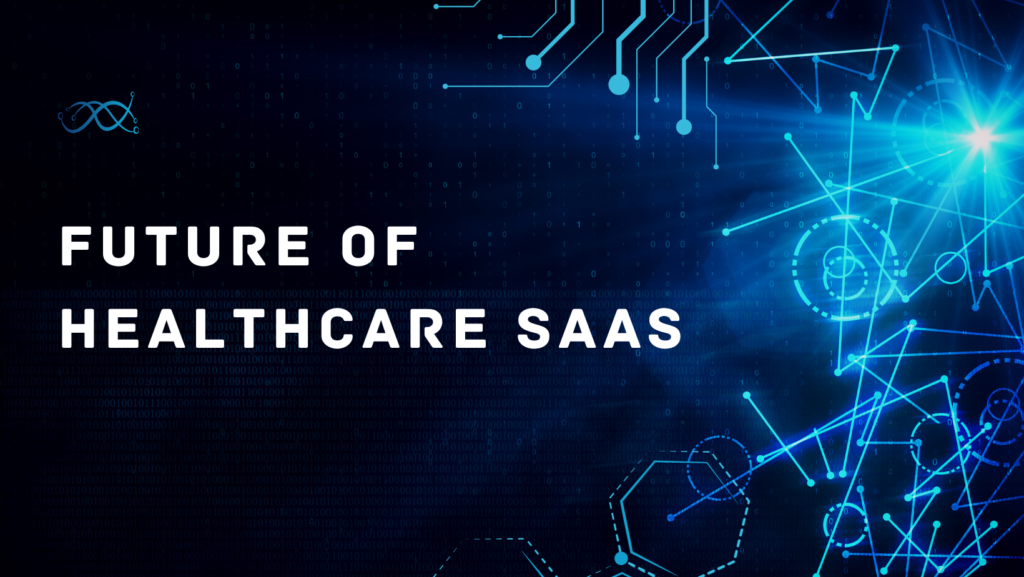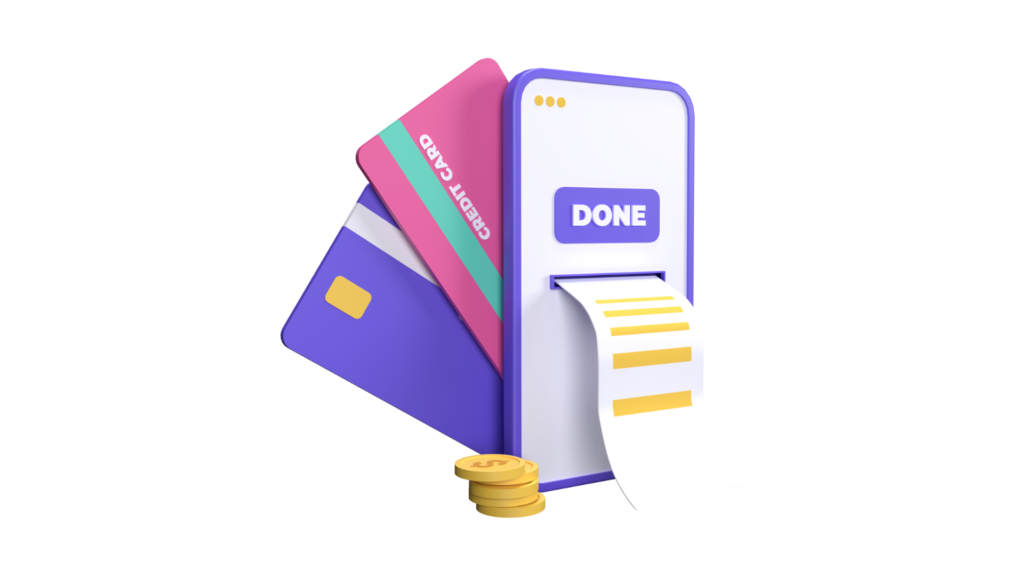10 Ways Healthcare Chatbots are Disrupting the Industry
The swift integration of AI across various industries has left an indelible mark, and the healthcare sector is no exception. Healthcare providers leverage AI to provide continuous assistance to patients, ensuring they receive necessary information promptly. With the aid of medical chatbots, patients enjoy an improved healthcare experience, accessing information precisely when needed.
Streamlining routine and lower-level tasks for medical representatives, healthcare chatbots prove highly time-efficient. Beyond that, they adeptly collect and secure patient data, facilitate encryption, enable continuous patient monitoring, provide diverse informative support, and ensure scalable medical assistance. In essence, healthcare chatbots are actively revolutionizing the healthcare sector.
Benefits of Chatbots in Healthcare
The implementation of chatbots in healthcare has proven to be highly beneficial for the industry, offering numerous advantages that are noteworthy.

Continuous Access
In healthcare, chatbots present an innovative remedy to time constraints. With their capability for 24/7 accessibility, they guarantee that patients can avail themselves of medical guidance and assistance round the clock. This breaks away from the confines of conventional office hours, cultivating a culture of sustained support.
Data Collection and Seamless Engagement
In the realm of healthcare, empathy plays a crucial role. Through user interactions, medical chatbots collect valuable data, shaping the patient’s overall experience and refining future business processes.
While a website may not address every inquiry independently, a user-friendly chatbot has the capability to respond to a broader range of questions, delivering a personalized touch to the interaction.
Addresses Diverse Stakeholders
Healthcare professionals can only offer one-on-one care, limiting their reach. In contrast, medical chatbots have the capacity to assist and engage with multiple clients simultaneously, maintaining the quality of interaction and information provided.
Healthcare chatbots enable patients to connect with specialists through various conventional channels such as phone calls, video calls, messages, and emails. This not only enhances engagement but also allocates more time and attention from medical personnel to patients in greater need.
Delivers Swift Information
Time is of utmost importance in the medical domain, and during crucial moments, healthcare chatbots swiftly provide valuable information. For instance, in healthcare, chatbot technology can promptly furnish doctors with essential details about a patient’s history, illnesses, allergies, check-ups, and other conditions in the event of an emergency.
What are Chatbots Used for in Healthcare? Key Use Cases
How Chatbots Reshape Healthcare Having delved into the benefits of healthcare chatbots, let’s now examine the diverse applications that these intelligent agents have within the healthcare sector. Here are ten transformative use cases illustrating the impact of chatbots on healthcare.
Seamless Appointment Scheduling
Within the healthcare sector, appointment scheduling emerges as a frequently performed task. Yet, many patients grapple with challenges when utilizing applications for this purpose, including sluggish interfaces and intricate information requirements. Prolonged wait times often result in patient cancellations or a permanent shift to alternative healthcare providers. The integration of chatbots in healthcare provides an effective remedy to this challenge. Users visiting a website or application can effortlessly engage with a chatbot via a messaging interface.
A well-crafted healthcare chatbot possesses the capacity to arrange appointments based on the doctor’s availability. Moreover, healthcare chatbots can be programmed to integrate with Customer Relationship Management (CRM) systems, assisting medical staff in the coordination of patient visits and follow-up appointments while maintaining.
Symptom Assessment
To assess a patient’s symptoms and determine their medical condition without necessitating a visit to a hospital, there is a growing trend in the utilization of chatbots. The development of Natural Language Processing (NLP)-based chatbots proves instrumental in interpreting a patient’s inquiries, accommodating a wide range of inputs. Accuracy in response becomes paramount when evaluating symptoms, and NLP plays a crucial role in achieving this.
By leveraging pre-fetched inputs, chatbots can utilize the gathered information to help patients identify the potential illness corresponding to their symptoms. Through interaction with an intuitive bot and the information it provides, patients can make informed decisions about the necessary level of therapies and medications.
Insurance Coverage and Claims Assistance
Chatbots can be trained to assist patients with their insurance-related tasks. In this capacity, healthcare chatbots provide patients with a streamlined process to access relevant information, whether they are looking to verify their existing coverage, submit insurance claims, or track the status of a claim.
Furthermore, this functionality facilitates the ease with which doctors can handle tasks like pre-authorizing billing payments and addressing other requests from patients or healthcare authorities. The quick access to patient information and the ability to address inquiries efficiently enhance the overall convenience for both healthcare providers and patients.
Wellness Program Guidance
One of the central elements of the healthcare industry is the promotion of enrollment in various programs. Medical chatbots stand out as an optimal solution for healthcare organizations aiming to enhance awareness and drive enrollment.
Leveraging sentiment analysis, a proficient healthcare chatbot equipped with Natural Language Processing (NLP) can effectively grasp user intent. The bot can then recommend appropriate healthcare plans based on its understanding of human input.
What is the Future of Healthcare Chatbots?
Despite the market being saturated with various healthcare chatbots, there may still be resistance to exploring more complex use cases. This reluctance is partly attributed to the fact that conversational AI in healthcare is still in its early developmental stages and has a significant journey ahead. The emergence of more sophisticated medical assistant chatbot solutions is contingent upon advancements in technology for natural language comprehension and artificial intelligence.
Certainly, the accuracy of medical chatbots is expected to improve, yet precision alone may not guarantee their widespread acceptance in the healthcare industry. Given that healthcare involves a delicate blend of empathy and treatments, achieving a similar equilibrium is crucial for the future success and acceptance of chatbots.
Looking ahead, there are expectations that medical bots will:
- Provide constant companionship to patients, offering real-time health status monitoring and automatically triggering aid requests during crises.
- Assist in managing chronic illnesses, mental health issues, as well as behavioral and psychological disorders.
- Proactively identify symptoms in situations where early detection is crucial, cross-reference patients with medical history, recommend the next course of action, and enhance the success rate of therapy.
- Serve as virtual assistants, providing prompt medical advice and simplifying self-care.
How to Digiatto IT services Transformed In-hospital Patient Communication for YouComm Using AI Technology
Digiatto IT Services is a renowned AI app development company that comprehends the intricacies involved in creating cutting-edge digital solutions and recognizes the challenges of the implementation process. Our adept in-house team of developers, well-versed and experienced in AI app development, tailors solutions to align seamlessly with your business needs. We provide unwavering support throughout the entire process.
We designed YouCOMM, a patient messaging system tailored for the healthcare sector, for one of our clients. This system allows patients to engage in real-time communication with nurses and other hospital staff using a tablet. Communication is facilitated through a manual selection of options, voice commands, and the utilization of head gestures.
The application streamlined the communication process with patients, allowing the hospital administrator to maintain comprehensive records of the time taken by staff to fulfill patient requests. The success of this solution led to its implementation in over 5 hospital chains in the United States, accompanied by a remarkable 60% increase in the real-time response rate of nurses.
When seeking a chatbot solution for healthcare, consider partnering with a reputable healthcare software development company such as Digiatto IT Services to ensure the delivery of the optimal solution for your needs.
FAQs
Q. How does a healthcare chatbot function as a medical advisor?
- Many individuals have minor health concerns that they may not immediately take to a doctor.
- Having a healthcare expert readily available to address these concerns is advantageous.
- A healthcare chatbot can fulfill this role and more through the utilization of artificial intelligence and machine learning.
- It can provide information on symptoms and other health-related queries, offer suggestions for remedies, and connect users with nearby specialists qualified in their respective fields.
- Those with chronic health issues, such as diabetes or asthma, can particularly benefit from this service.
- For further information, consider reaching out to a healthcare IT consulting firm.
Q. What are the essential features of a healthcare chatbot that make it indispensable?
The key features that make healthcare chatbots an invaluable technological tool in the medical field include:
- Anonymity – Maintaining data anonymity ensures that patients feel secure and comfortable sharing accurate information.
- Monitoring – Chatbots track, analyze, and notify users of any physical or mental health changes, aiding medical staff in maintaining automatic records.
- Personalization – The ability to generate accurate reports through customization and personalized communication.
- Scalability – Healthcare chatbots can interact with multiple patients simultaneously, increasing efficiency.
- Real-time Engagement – Time-effective communication that eliminates delays associated with traditional response methods.
Various types of healthcare chatbots serve different purposes, including:
- Dental Clinic Chatbots
- Personal Health Insurance Assistance
- Therapist Coupon Promotion Chatbots
- Health and Weight Training Coach Chatbots.



Pingback: Cost of Building a Diabetes Management App: MySugr Comparison - HealthSaaSPro